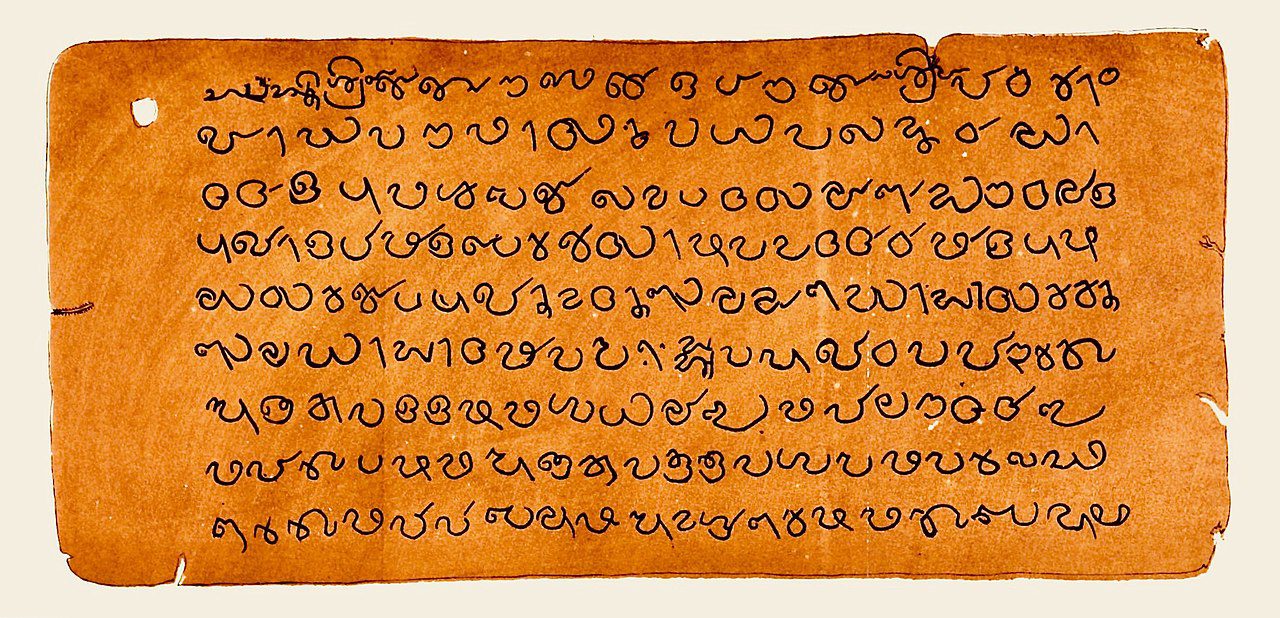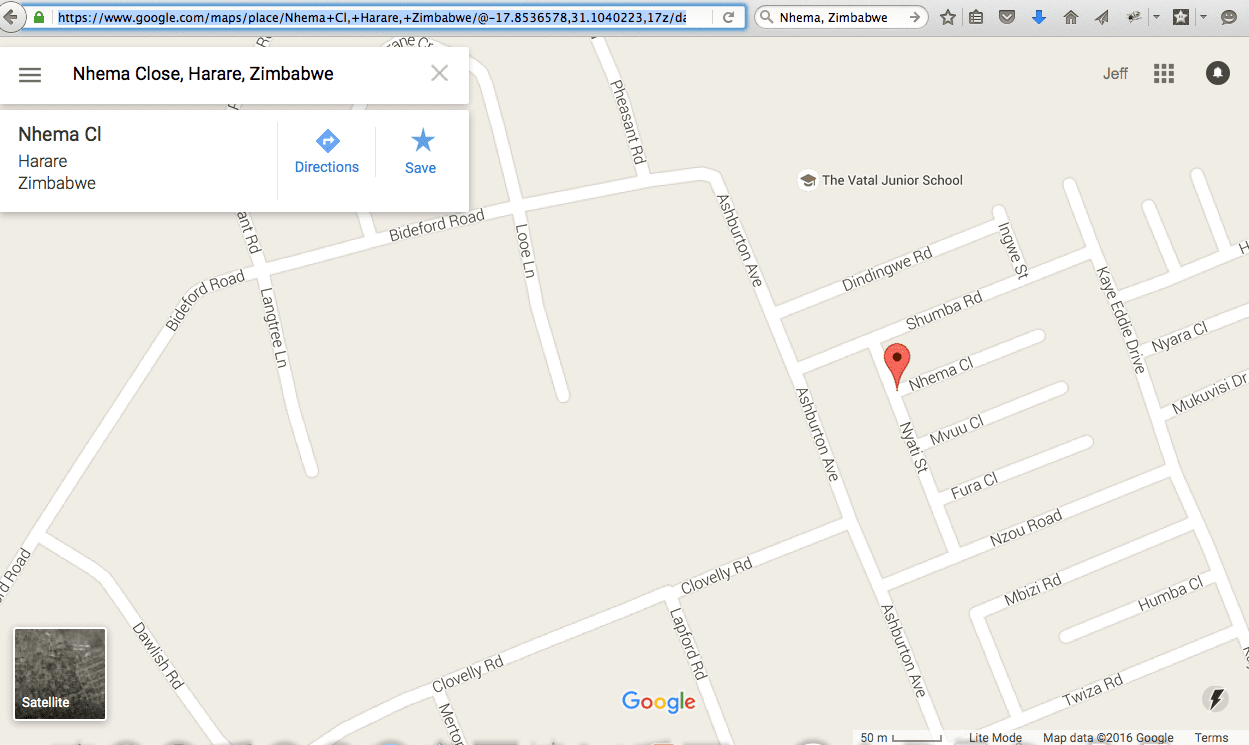My youngest son, freshly returned from his mission, shared with me his observations on the Book of Mormon’s message for our day regarding war. War, of course, is one of the most common topics in that book. So much of the record describes people dealing with times of war. And one of the strongest messages about war is that while war is justified in defending one’s nation from the attacks of an enemy, my son wisely observed that the Book of Mormon teaches that invading an enemy for vengeance or preventative purposes is unjustified. Not just unjustified, but often disastrous. Well, it doesn’t take a rocket science to figure out that invading a foreign land, surrounded by the enemy in its strongholds, can be costly and disastrous. But is one of the best ways to crank up the profit machine for the organizations and the elite who profit from the carnage of war.
While recognizing the warnings against wars of aggression and proactive strikes, we also need to remember the Book of Mormon’s warnings that there are very evil people seeking power and wealth who use war as a tool. They have powerful P.R. engines–today we might call them the mainstream media–who work to stir people up to anger against a selected target. This happened regularly among the Lamanites but also among the Nephites. The Book of Mormon warns against “secret combinations” where elite power-seekers connive and make bloody deals to gain power and prestige, and along the way have no qualms about creating mass carnage in their quest for power. We see in the Book of Mormon that such people will stoop to killing their own people, and will not hesitate to frame someone for a vicious crime, as Amalickiah framed the servants of the king after his assassin killed the Lamanite king.
I hope we can learn a few lessons from the Book of Mormon and have the imagination to question some of the things we are told regarding Syria and the need for us to invade and attack this foreign country. Are there forces that can profit from the attack? Do those forces faithfully represent us? Could great evil and disaster, not to mention more ridiculous debt, come from another foreign war?
I read headlines on CNN the other day and shook my head at the lack of journalism in our society. Headlines touted the “clear evidence” of Assad’s guilt in chemical weapons attacks, and the “strong case” for attacking Syria. Nowhere was there any journalistic inquiry into what that evidence was and whether it may have been fabricated. Where was some healthy skepticism about the too-stupid-to-be-true concept of launching a chemical weapons attack the day after a UN chemical weapons inspector arrives in your country? Even brutes like Assad are not completely unaware of the stupidity of such a thing, about the only thing they could do to guarantee international opposition and invasion from powerful foreign forces. Was he suicidal?
Fortunately, there is still a touch of inquisitive journalism left in the world, evidenced by one reporter with CBS News, Tucker Seals, who dares to ask good questions. I wish him well in his IRS tax audit. There is also breaking news about evidence from some of the rebels in Syria that they were unintentionally responsible for the chemical weapons attack. On the other hand, an intentional attack on their own people to gain immediate support from the U.S. in overthrowing their enemy is exactly the kind of sickening act we can expect from some of the secret combination-like forces in the Middle East and elsewhere (doesn’t it raise questions when we are being asked to take the same side as Al Qaeda forces on anything over there?). It’s at least a topic for inquiry. But all such discussions will be silenced if possible, and we will be called upon to be “patriots” willing to march our young into harm’s way to support hidden objectives of elitists that have precious little to do with actually defending our borders, which generally remain wide open to any rogues who wish to amble across.
It’s time to take the Book of Mormon’s messages on war more seriously. And whether you believe that book or not, this is a good time to speak out and demand that we not fall into yet another foolish, no-win war, lured in once again by allegations of weapons of mass destruction.












Nice comments. But the complete lack of this sort of nuance coming from voices associated with the right during some similar recent conflicts and the current presence of it is breathtaking to some of us. Why are we just now discovering that unilateral military action is rarely the best way to realize U.S. interests?
Huh? Many Americans discovered that fighting no-win foreign wars for the good of the military-industrial complex was a bad idea during the Korean War. Other discovered it during the Vietnam War. Many of us saw it plainly during the Gulf War and all our related actions around the globe. I was speaking out against our global invasions during the Bush Era, and see no improvement as the spirit or mind of Bush appears to linger on in Washington today, not because Bush has so miuh influence, but because his influencers continue to have the same level of influence.
And the issue is not unilateral action versus international action. Both are misguided when they are for the service of special interests and not the defense of our people and borders. Both are wrong and unconstitutional when not initiated by a legal declaration of war by Congress. Both are wrong when based on deception and lies to stir up anger and trick Americans into futile foreign wars. A dozen nations conspiring with us doesn't make our mistake any less grievous.
When Bush was spoiling for a fight on Iraq, 99% of Americam LDS membership jumped on board, even though there was zero evidence (to this day, I might add) of WMD. And in my Charleston, SC ward the Book of Mormon was the document inspired by God to absolutely require the War in Iraq. I disagree with Obama on military action, but Mormon Conservatives who are against military action in this case but for it under Bush are utterly dishonest politically.
I KNOW, I KNOW! This is Different…because something something blah blah.
This is another good post Jeff. I have to disagree, though, with the prohibition against offensive warfare in the BoM. I've written in several places that it was really the intent of the persons heart more than the strategy that mattered to the Lord. The prohibitions in the BoM refer to bloodlust and vengeance, and one refers to strategy. Captain Moroni also pursued preemptive warfare against Amalickiah, and against settlers during a time of peace. So if Mormon intended to argue against offensive warfare he failed to mention it on those occasions.
You can see more of my arguments here:
http://mormonwar.blogspot.com/2010/04/book-of-mormon-is-not-relevant-for-our.html
You can see analysis of several verses and a link to the article in Mormon Perspectives on War here:
http://mormonwar.blogspot.com/2012/05/philosophies-of-man-mangled-with.html
Thanks for letting me post here. As the first line of Sunzi says, war is a matter of life or death and must be thoroughly analyzed, so I appreciate you letting me post here.
"Both are wrong and unconstitutional when not initiated by a legal declaration of war by Congress."
Unfortunately, this is not an accurate statement of the law. See, for example, the War Powers Act of 1973, or the AUMF of September 14, 2011.
Not many of our recent laws comply with the Constitution. My point was about the requirements of the Constitution, not those of recent constitutionally illiterate lawmakers. Article One, Section Eight of the Constitution says "Congress shall have power to … declare War." It's a power that Congress, not the President, has and should exercise before we go to war against any nation.
Jeff et al regarding the constitutionality of going to war;
George W. Bush did get consgressional approval to go into Iraq, Afganistan and George H.W. Bush did get congressional approval for the Gulf War. And in the Gulf War we did NOT invade any country. In fact the explicit goal was to kick the Iraqis out, which made the Iraqi problem more complex and graver in the future.
Jeff;
"It's a power that Congress, not the President, has and should exercise before we go to war against any nation.'
Anonymous pointed out the War Powers Act which was passed by Congress. I think there's strong grounds to disapprove ofthe act and to even rescind it, but it was Congress who passed it.
Grant gibbons;
"Mormon Conservatives who are against military action in this case but for it under Bush are utterly dishonest politically"
We are not. Not in the least.
I do not recall any prohibition of attacking other people premptively in a foreign land from the Book of Mormon text. And just because that may have been the the military norm of the day and location, does not mean we have a moral obligation to follow that military norm. As Morgan Deane pointed out in his/her previous post, I read the military insertion in the Book of mormon as part ofthe eternal fight of good versus evil. Under this view, one cannot expect to declare war on evil and expect ot win. Good people win over evil by following what is consistantly told n the Book of mormon: that being righteous before God one prospers and is strengthened and by turning away from God to the things of this world, including pride, one is weakened and "ripe for destruction".
"28 And it came to pass that it was expedient that there should be a stop put to this work of destruction; therefore they sent an army of strong men into the wilderness and upon the mountains to search out this band of robbers, and to destroy them.
29 But behold, it came to pass that in that same year they were driven back even into their own lands. And thus ended the eightieth year of the reign of the judges over the people of Nephi.
30 And it came to pass in the commencement of the eighty and first year they did go forth again against this band of robbers, and did destroy many; and they were also visited with much destruction.
31 And they were again obliged to return out of the wilderness and out of the mountains unto their own lands, because of the exceeding greatness of the numbers of those robbers who infested the mountains and the wilderness."
(Helaman 11)
Here we read that the Nephites and Lamanites (that would be an international coalition) after driving the Gadianton Robbers out of their own land (nephite / lamanite lands) went to the lands of the Gadianton Robbers in order to kill them. There's no indication of this being immoral or conspiratorial. Lacking is any assertion that some elite entity was to get rich from this invasion. The only reason this excercise failed, according ot the Book of mormon text was that there were simply too many Gadianton Robbers to fight.
Two questions:
1) Directly from the reading of the this Book of Mormon text,applying this event to modern-day events, would it not be wiser to go out anf fight theenemey while they are small and weak?
2) For those who proclaim that American should not go to war unless attacked first, if stories, pictures, and details of the Holocaust were to re-emerge, would you still say that the tragedy is in another land and so we should not intervene?
For the record, I am NOT for striking Syria and for some of the reasons Jeff Lindsay outlined on the front page of this thread. those being a strike would help Al-Queada and doubt as to whether or not the chemical weapons attack caeme from Assad (which, if it did and all by itself, I still would not support striking Syria).
Syria and the Bible: Ephesians 6:12 – For we wrestle not against flesh and blood, but against principalities, against powers, against the rulers of the darkness of this world, against spiritual wickedness in high [places].
I think you would be very interested in a new documentary series called For Our Day: Prophetic Parallels in the Book of Mormon. They present the idea that the Book of Mormon history is a prophetic foreshadowing of the latter-days. Some of the war principles you discussed are mentioned in the first DVD. http://www.bookofmormonforourday.org Too many people simply "spiritualize" the Book of Mormon's teachings in regards to war without applying it directly to our situation today. It is important for us to step back and consider, "Why would Mormon (who saw our day) be directed to put chapter after chapter after chapter detailing Amalickiah's intrigue and the Nephite defensive war? Why was that SO important?"